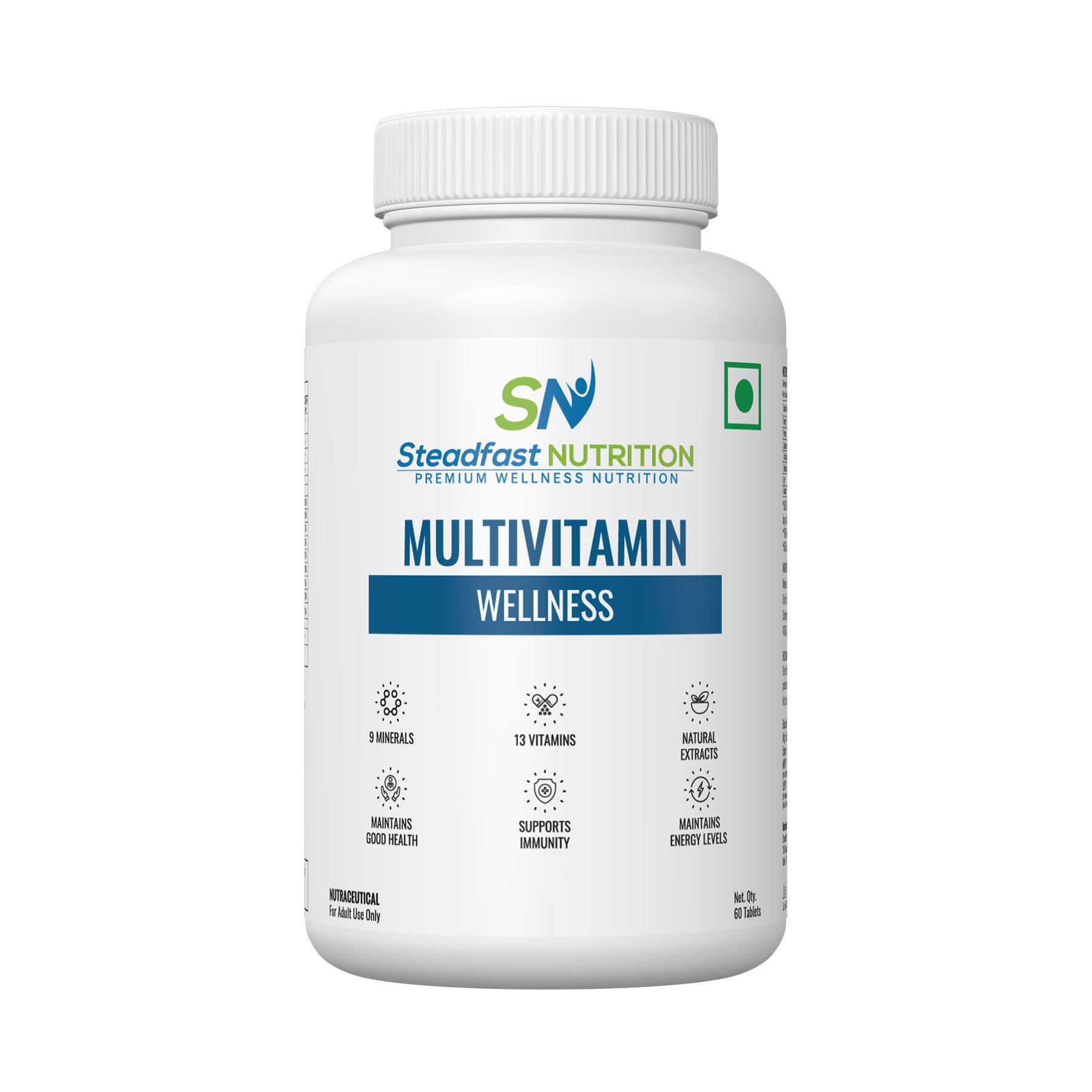As the epidemic of coronavirus outbreak continues, the demand for dietary supplements like multivitamins, alongside masks and alcohol-based sanitisers has spiked in the markets.
Multivitamins can help increase immunity by providing essential nutrients which either act as antioxidants or coenzymes in the antioxidant pathway.
Antioxidants are considered to help improve immunity by combating damage caused due to free radicals. We can compare oxidation in the body to a cut piece of apple which turns brown, which can be prevented with the use of lemon juice that helps with the enzymatic browning reaction. Similarly, antioxidants help stop the damaging effect of free radicals (unstable oxygen molecules) and maintain a balance.
It has been observed that improved antioxidant potential in the body can reduce oxidative stress and improve any immunity compromised conditions.
Oxidative stress plays a central role in the pathogenesis of many diseases, with antioxidants neutralising the effect. These antioxidants can be either produced (endogenously) or need to be consumed exogenously via diet or dietary supplements like multivitamins with antioxidants.
Vitamins and their role in Enhancing immunity
Certain vitamins may help fight free radicals which attack essential macromolecules leading to homeostatic disruption.
It has become vital to take multivitamin capsules with antioxidants to build stronger immunity and fight against oxidation, as the chances of getting coronavirus are high in compromised immunity. (Sinbad et al,2019).
Vitamin C, E and carotenoids are well-known antioxidants with disease-fighting potential.
Vitamin C possesses the highest antioxidant potentials, protecting the cellular structure. Also, ascorbic acid is a well-known mechanism in pro-oxidant effects.
Vitamin E a fat-soluble vitamin shields against oxidative damage and lipids per-oxidation.
Vitamin A also called retinoic acid, can inhibit viral hepatitis by up-regulating antioxidant enzymatic activity.
Vitamin D plays a role in the maturation of white blood cells, which act as a first defensive player in the immunity response. It enhances the total antioxidant capacity, glutathione activity, and other metabolic enzymes. Buy vitamin d online.
Epidemiological associations have proposed that lack of vitamin D leads to increased risk of respiratory viral infection and suppressive effect adaptive immunity, particularly, T regulatory cells. (Hansdottir & Monick 2011).
Vitamin B2 (Riboflavin) helps recycle the most crucial antioxidants in the body i.e. glutathione.
Vitamin B3 (Niacin) increases the activity of endogenous antioxidant enzymes.
Vitamin B12 plays a role in oxidative stress cycle as its subclinical deficiency leads to the generation of reactive oxygen species.
Role of Probiotics
Coronavirus mainly attacks the respiratory system. The pathology of the respiratory and gastrointestinal tracts are closely related, and that’s why dysfunction in one organ induces illness in the other. Probiotics like lactic acid bacteria are commonly used in dietary supplements and act as immunomodulatory agents that affect the functioning of immune cells, which migrate into the lungs.
Probiotics directly act by strengthening the intestinal mucosa, thus reducing the leakage of antigens through the mucosa and thereby the amount of allergen that lungs may get exposed. Also, direct modulation by induction of anti-inflammatory cytokines and increased production of Ig A.
Therefore, this provides an overview that intake of multivitamins, particularly Vitamin A, C, E, D which offer potent antioxidant properties along with probiotics may help in providing immunity and protection against this lethal virus.
REFERENCES
- Mortaz, et al. (2013).Probiotics in the Management of Lung Diseases. Mediators of Inflammation.
- Sinbad, et al. (2019).Vitamins as Antioxidants.J Food Sci Nutr Res; 2 (3): 214-235
- Sagel, et al. (2018).Effects of an Antioxidant-enriched Multivitamin in Cystic Fibrosis. A Randomized, Controlled, Multicenter Clinical Trial. Am J Respir Crit Care Med. 2018 Sep 1;198(5):639-647. doi: 10.1164/rccm.01-0105OC.
- Hansdottir, S., & Monick, M. M. (2011). Vitamin D effects on lung immunity and respiratory diseases. Vitamins and hormones, 86, 217–237. https://doi.org/10.1016/B978-0-12-386960-9.00009-5


